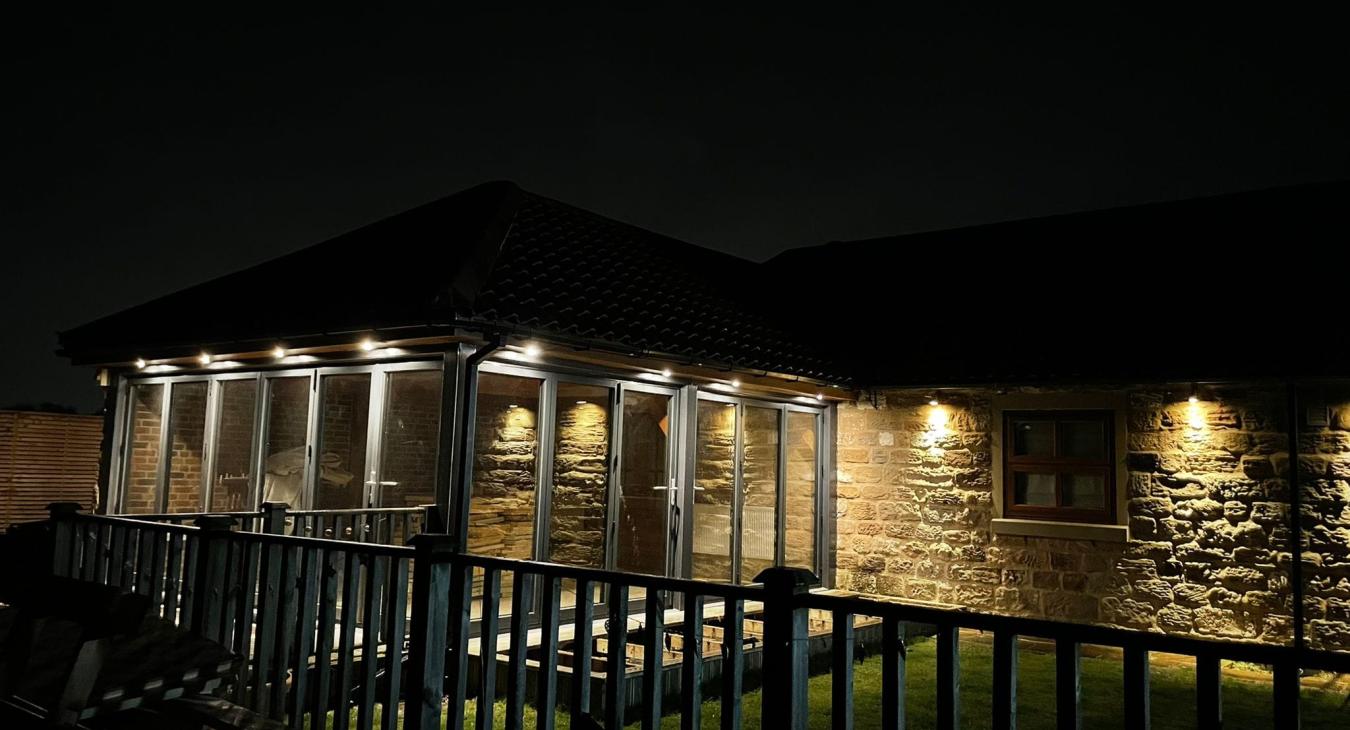
Electrical systems are an integral part of our modern lives, powering our homes and ensuring our daily conveniences.
However, for many homeowners, the technical jargon and abbreviations used in electrical discussions can seem like a foreign language. Understanding electrical terms is essential for effective communication with electricians and making informed decisions about your electrical needs. In this blog, we will break down complex electrical terms, abbreviations, and jargon, empowering homeowners in the UK to take charge of their electrical systems confidently.
Electrical Basics⚡
Before diving into the specific terminologies, it's essential to grasp some fundamental electrical concepts:
- Voltage (V): Voltage is the electrical pressure that drives current through a circuit. In the UK, the standard voltage is 230 volts.
- Current (I): Current is the flow of electricity in a circuit, measured in amperes (amps).
- Resistance (R): Resistance is the opposition to the flow of current in a circuit, measured in ohms.
- Wattage (W): Wattage is the amount of power consumed by an electrical device, calculated as voltage multiplied by current (W = V * I).
Electrical Terms⚡
- Circuit: A circuit is a complete path through which electricity flows.
- Fuse: A fuse is a safety device used to protect electrical circuits from over-current. It contains a metal wire that melts when the current exceeds a certain level, breaking the circuit and preventing damage.
- Circuit Breaker: Similar to fuses, circuit breakers protect circuits from over-current. When the current exceeds safe levels, the circuit breaker trips, cutting off the flow of electricity.
- Grounding: Grounding provides a safe path for electrical currents to flow into the ground in case of a fault. It helps protect against electric shock and equipment damage.
- Earthing: In the UK, "earthing" is often used interchangeably with grounding. It involves connecting electrical systems to the earth to prevent electric shock.
- Conductor: A conductor is a material that allows electricity to flow through it easily, such as copper or aluminum wires.
- Insulator: An insulator is a material that resists the flow of electricity, like rubber or plastic, used to cover electrical wires.
- Outlet/Sockets: These are the points where electrical devices can be connected to the power supply.
- Distribution Board/Consumer Unit: The distribution board, also known as the consumer unit, is a box containing fuses or circuit breakers that distribute electricity to various circuits in your home.
Electrical Abbreviations⚡
- kWh: Kilowatt-hour, a unit of energy commonly used to measure electricity consumption.
- LED: Light Emitting Diode, a highly energy-efficient lighting technology.
- AC/DC: Alternating Current/Direct Current - AC is the type of electricity supplied to homes, and DC is typically used in batteries and electronic devices.
- RCD: Residual Current Device, a safety device that quickly disconnects the circuit in case of a leakage of current.
- PVC: Polyvinyl Chloride, a common material used for electrical insulation.
Common Electrical Jargon⚡
- Short Circuit: When two conductors come into direct contact, bypassing the intended circuit path and causing a surge in current flow.
- Load: The electrical device or appliance connected to a circuit.
- Ampacity: The maximum current carrying capacity of a wire or cable.
- Service Panel: Another term for the distribution board or consumer unit.
Electrical terminology doesn't have to be overwhelming. With a basic understanding of electrical terms, abbreviations, and jargon, homeowners can communicate effectively with electricians and make informed decisions about their electrical needs in the UK. Remember, safety should always be a priority, and if you have any doubts or electrical issues, it's best to consult a qualified electrician to ensure the well-being of your home and its occupants. We hope you found our blog on electrics for homeowners helpful and informative. Your safety is our top priority, and we are always here to assist you with any further inquiries or concerns you may have.
If you require any more assistance or have additional questions on the subject, please don't hesitate to reach out to us. You can contact us directly at 07817171954 or send us a message on any of our social media channels. Alternatively, you can email me personally via the contact form on our website which can be found here.
Stay safe and have a wonderful day!
Best regards,
Mathew - MP Electrical, Rotherham










